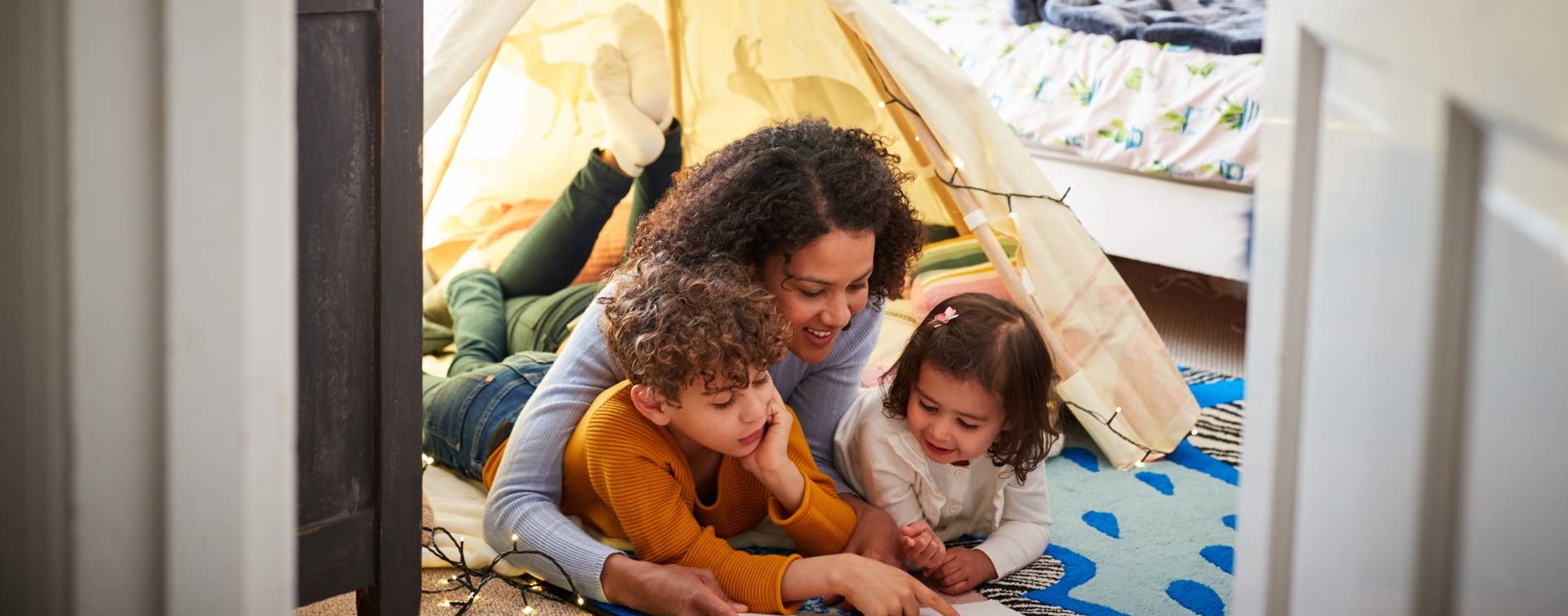Divorce, Visitation, and Your Girlfriend or Boyfriend
Here is the situation: You and your spouse are separate two years ago. You just filed for divorce and your first hearing for child custody and visitation is a week away. You live with the love of your life (not your spouse). Your children live with you and are happy. All seems fine. What could go wrong?
Everything. Maybe.
In Rhode Island, most judges, if asked to make a ruling on the issue, will not allow a significant other to be in the presence of minor children during the divorce. And never mind overnight, and forget about living together.
What Can Go Wrong?
The key is: “if asked.” Most judges will only rule on a particular issue if a party asks them to. Some judges, though, will issue an order dealing with this issue on their own, or “sua-sponte,” if they find out that there is a significant other around the children.
So, for most circumstances, if the judge finds out, and if a party asks the judge to rule on the issue, you will generally get hit with the following order: “Each party is restrained and enjoined from allowing the minor children to be in the presence of their significant other [or any unrelated members of the opposite sex] at any time.” If you violate the order, there could be significant penalties. These include payment of attorney’s fees to the other side, loss of your children, or jail time.
A circumstance like those described at the beginning of this article can turn your life upside down.
Courts Don’t Want to Expose Children to Disruption
There are a lot of ifs here, however. Some judges are more lenient, and some are incredibly strict. For example, I have heard the following: “Your boyfriend must move out, and there cannot be so much as a shoe of his in the apartment, or you will be having visitation supervised at the Family Court building.”
After the divorce, the courts tend not to have a problem with significant others being around children. On the other hand, many will still prevent overnights around them. In a sense, marriage places a greater level of restriction on a party regarding this issue. Parties who have never married, as a result, often do not have the same restrictions placed on them.
Things Get Better After the Divorce
So, what should you get out of this? Know what you are in for before you go in front of a judge. And do this regardless of which side of the issue you are on. If you are the non-possessory parent, you may have a tremendous amount of leverage that you can use (or abuse) as needed (think of blackmail.) On the other hand, your situation may expose you to tremendous risk if you are the possessory parent.
Ensure when choosing an RI divorce lawyer for your divorce that he or she knows the tendencies of each judge where your case is to be heard. And, does the lawyer knows which judge will hear the case? Find out what to expect on this issue.

